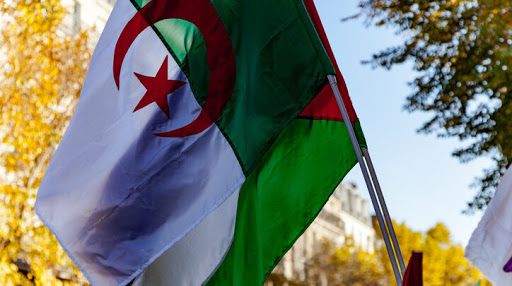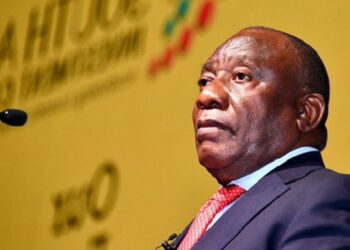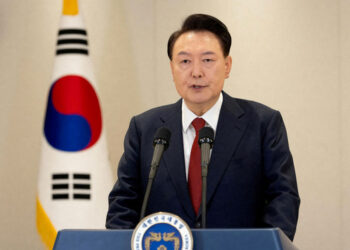By John Ikani
Algeria’s Parliament has passed a new media law that has raised concerns about press freedom.
The law, which is intended to regulate the media industry and ensure its pluralism, includes provisions that have been criticized by human rights groups and journalists.
One of the most controversial measures of the law is the ban on foreign funding and material assistance to Algerian media.
According to the government, this is aimed at protecting the media from external influence.
However, critics say this will limit the ability of journalists to operate independently and freely.
In addition, the law prevents dual nationals from owning or contributing to the ownership of media outlets in Algeria.
This has been criticized as a discriminatory measure that could limit diversity and pluralism in the media landscape.
While the new law removes the requirement for formal authorization from the Ministry of Communication to create a newspaper, it also introduces some new restrictions.
For instance, journalists may be required to reveal their sources to the judiciary if requested, and access to funding may be restricted.
The passage of the new law comes amid concerns about the state of press freedom in Algeria.
Earlier this month, a prominent journalist, Ihsane El Kadi, was sentenced to five years in prison on charges of receiving foreign funding.
Human rights organizations have condemned his arrest and trial, calling for his release and the protection of press freedom in Algeria.




































